Complete 1584 Geneva Bible in period binding
£4,000.00
The Bible. / Translated according to the Ebrew and Greeke, and conferred with the best translations in diuers languages. With most profitable annotations vpon all the hard places, and other thinges of great importance, as may appeare in the Epistle to the Reader. And also a most profitable concordance for the readie finding out of any thing in the same conteyned..
Imprinted at London : by Christopher Barker, printer to the Queenes most excellent Maiestie. 1583 [NT title dated 1584]
Includes Book of common prayer and concordances. “Two right profitable and fruitfull concordances” has special title page and separate register.
Quarto. Collates complete [112], 1-554 leaves i.e. 1,108pp [185]pp bound with:
The whole booke of Psalmes / collected into English metre by T. Sternhold, I. Hopkins, and others, conferred with the Hebrue, with apt notes to sing them withall [&c]
Imprinted at London : by the Assignes of Richard Day 1584
Ends at Psalm 142 and many pages misbound. Musical notation and prayers.
Bound in recent full leather, gilt tooled and decorated spine within raised bands, red label.
Text is generally very good and the pages are crisp. Trimmed close to head, sometimes touching or shaving a running head or page number.
The Geneva Bible, first published in 1560 in Geneva during the Elizabethan era, was a significant English translation of the Bible. It gained popularity among Protestants for its annotations and study aids, offering insights into the theological and political beliefs of the time. The translation was predominantly the work of English exiles who sought refuge in Geneva during the reign of Queen Mary I. Notable contributors included William Whittingham, Anthony Gilby, and Thomas Sampson.
The Geneva Bible’s distinctive features included verse divisions, commentary, and marginal notes, making it a comprehensive study tool. Its annotations often reflected Protestant views and emphasized individual interpretation of scripture, challenging the hierarchical authority of the Church. The inclusion of maps and illustrations further enhanced its appeal.
Despite its popularity, the Geneva Bible faced criticism from some quarters, and its Calvinistic influence led to its eventual decline in favour of the King James Version, authorized by King James I in 1611. Nevertheless, the Geneva Bible played a crucial role in shaping religious thought during the Elizabethan period and contributed to the broader religious landscape of the time.
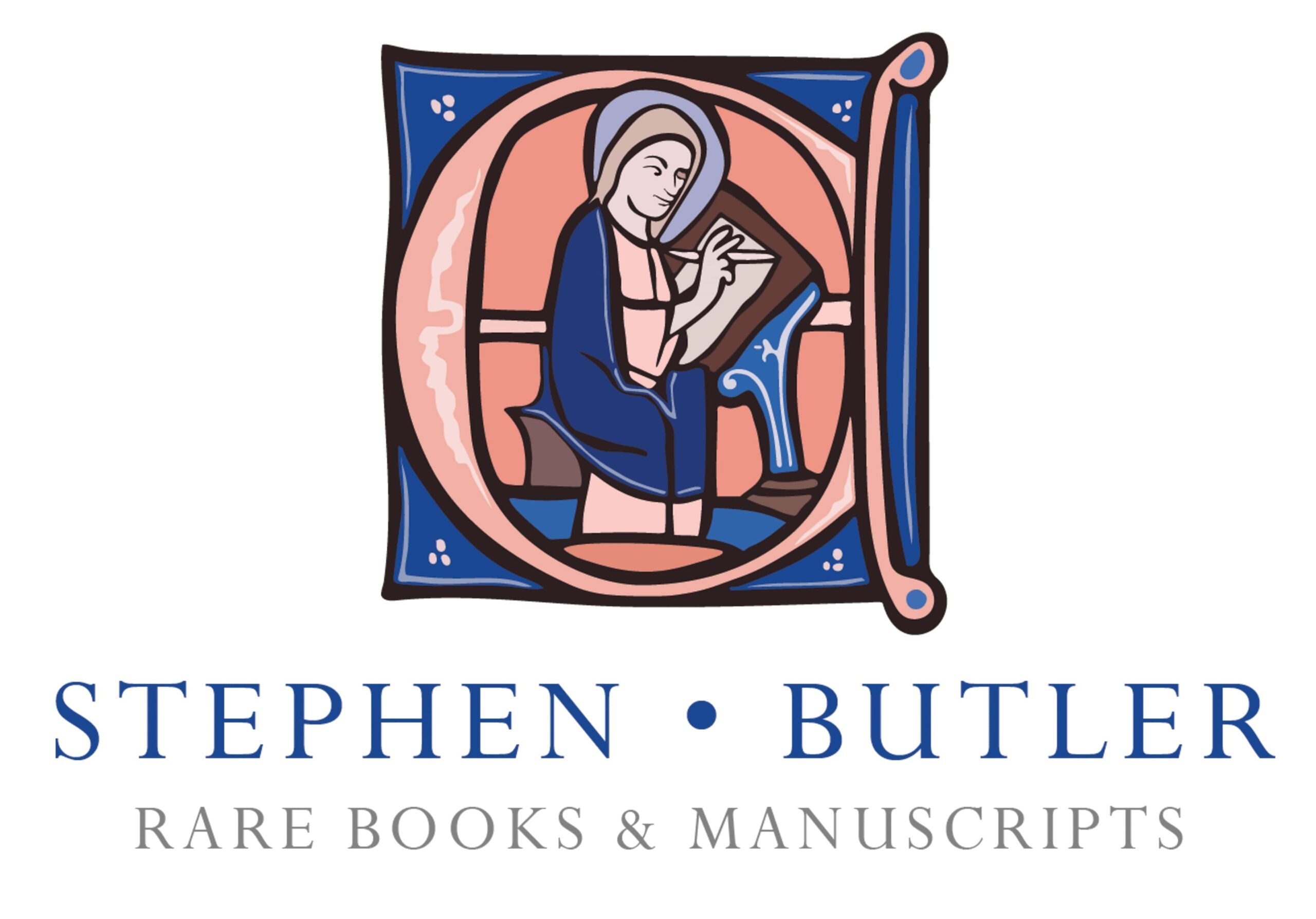



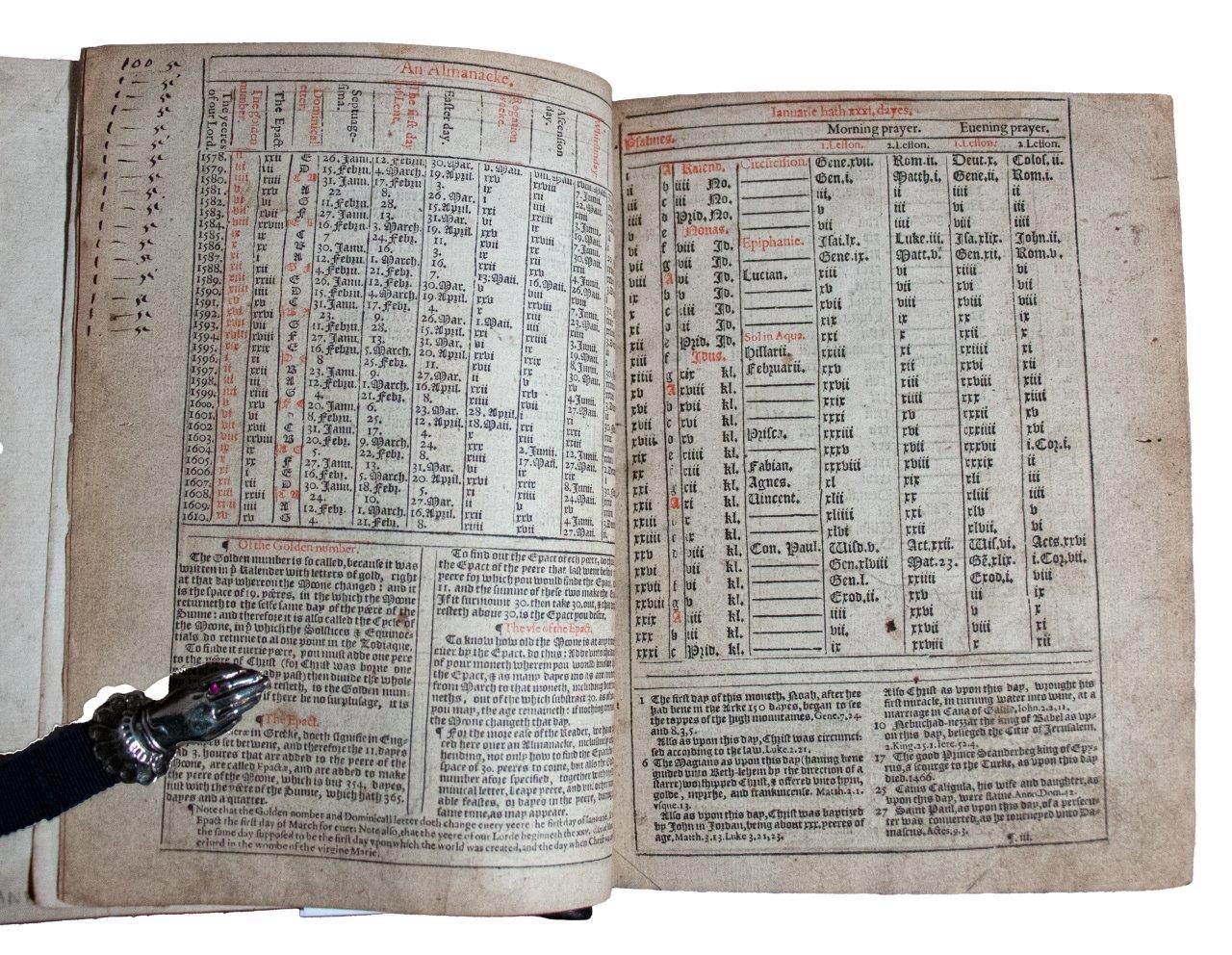


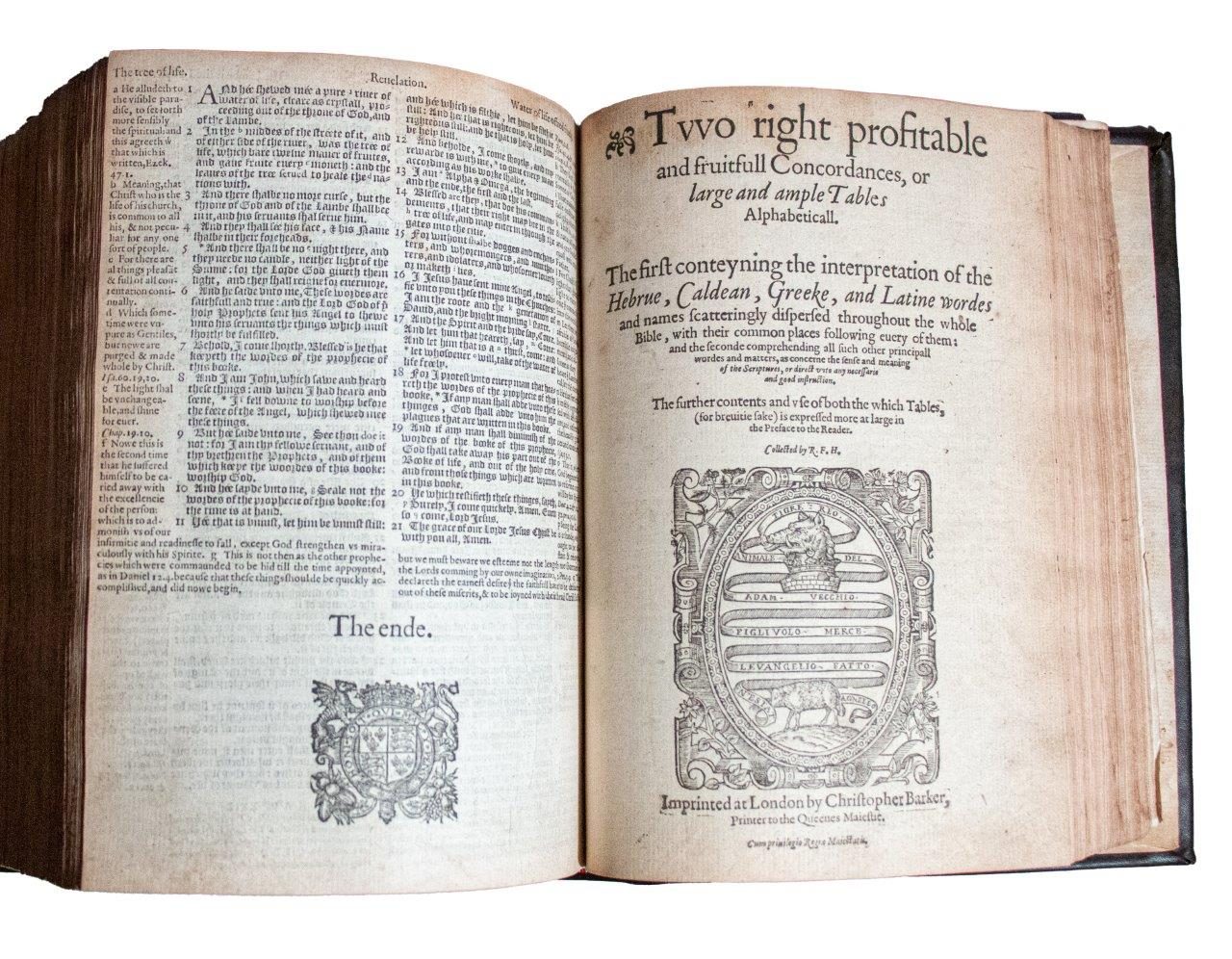


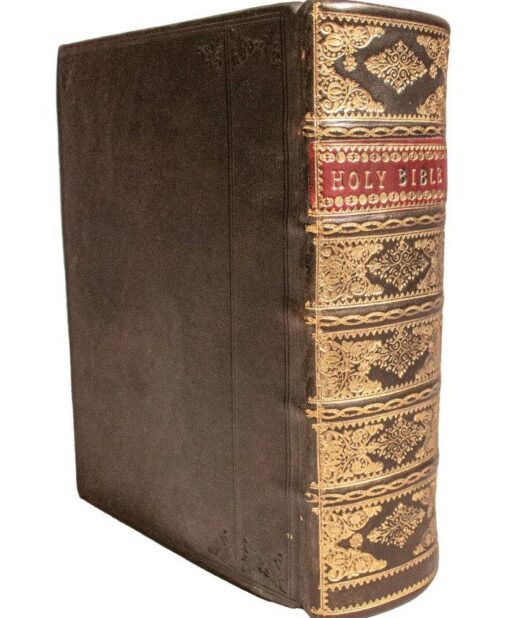
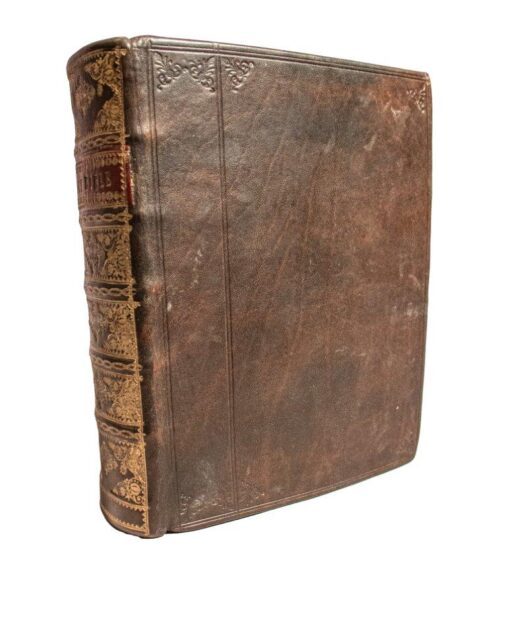
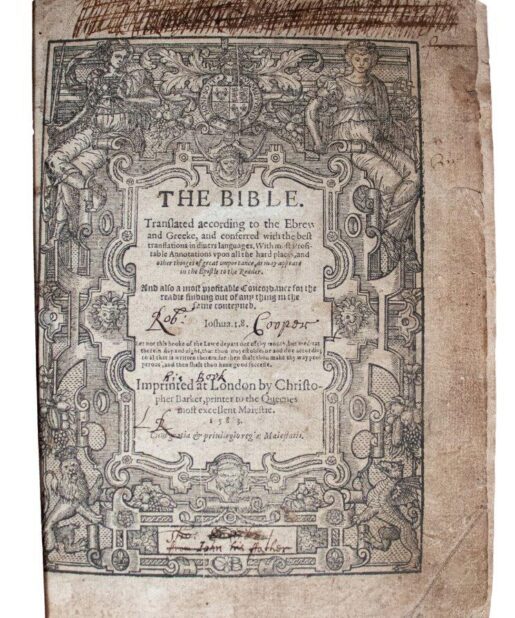
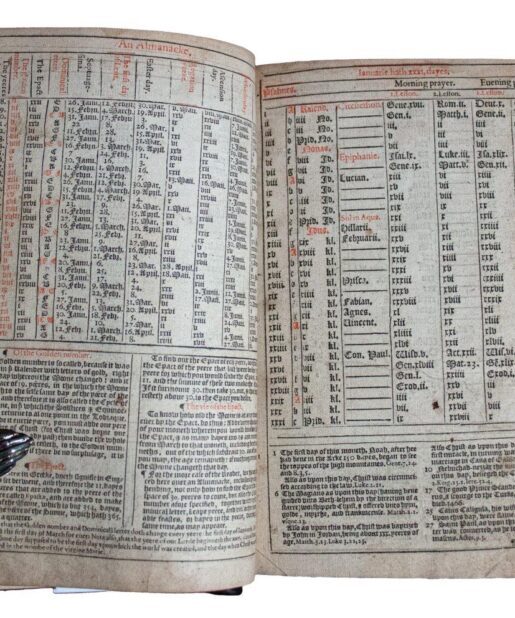
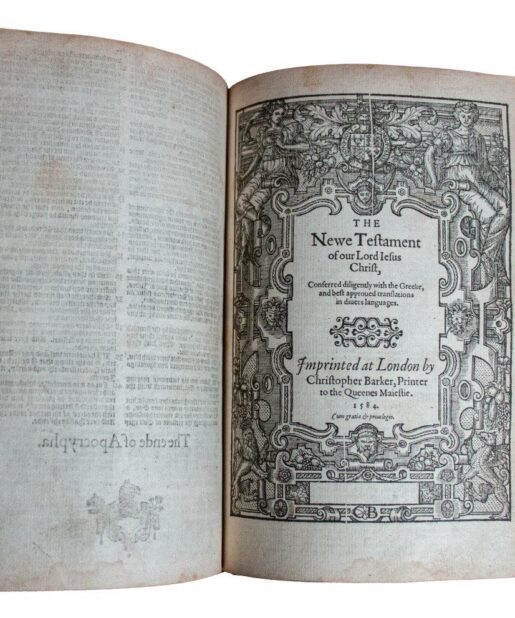
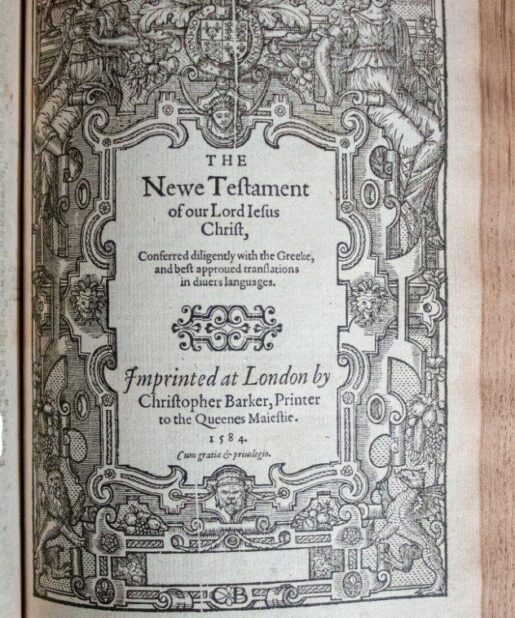
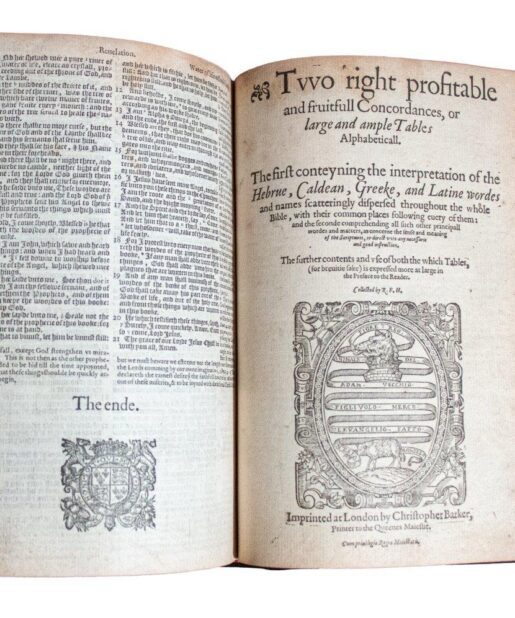
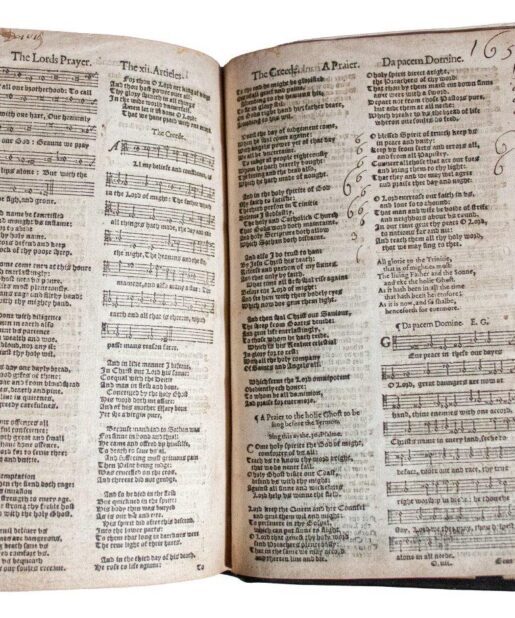
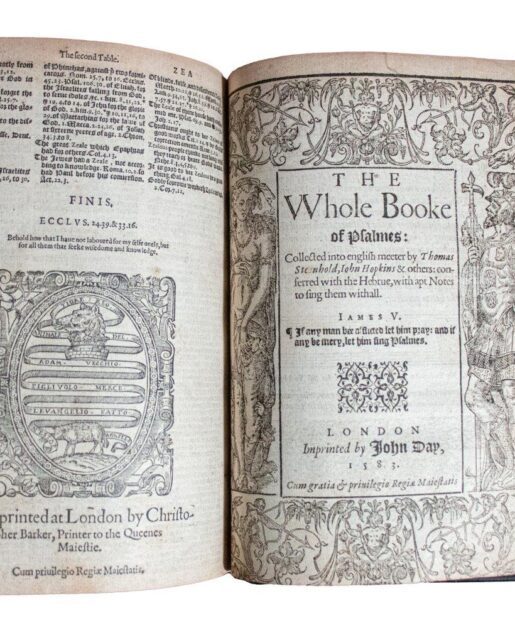
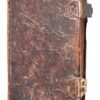
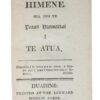
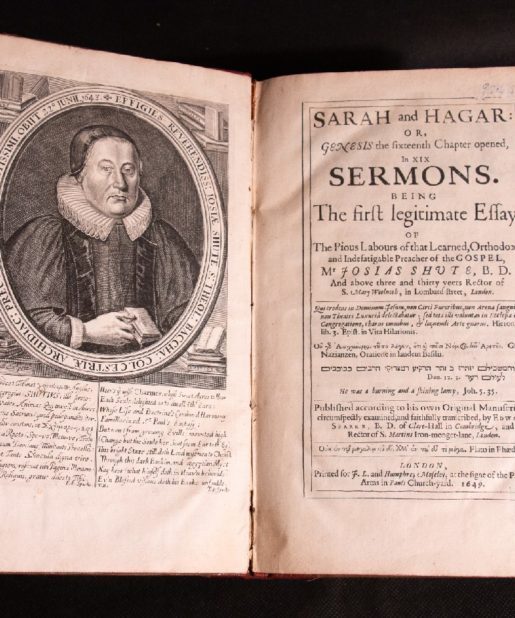
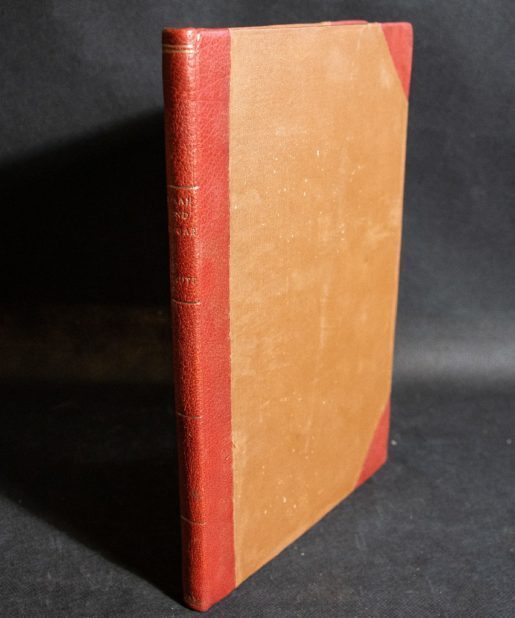
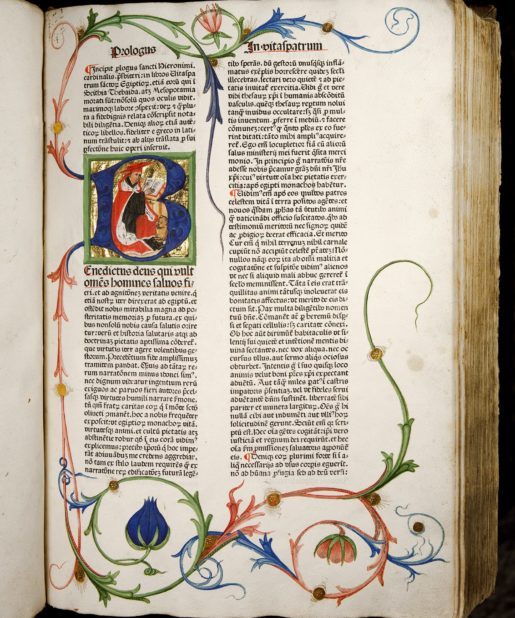
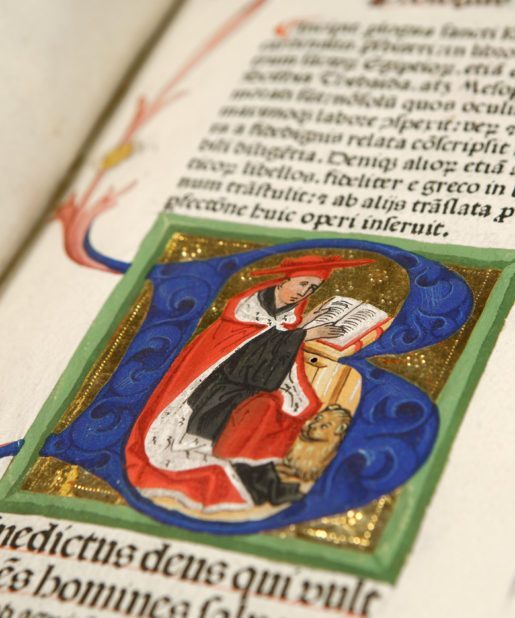
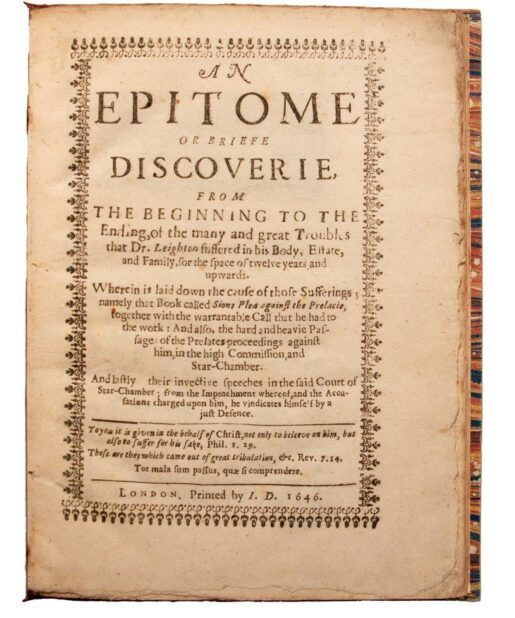

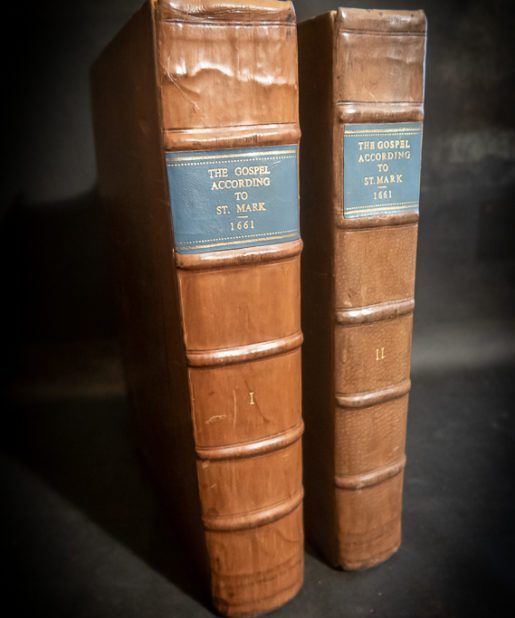
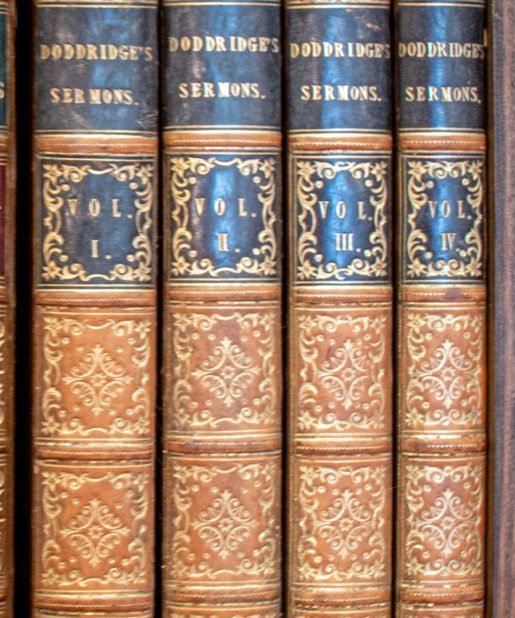
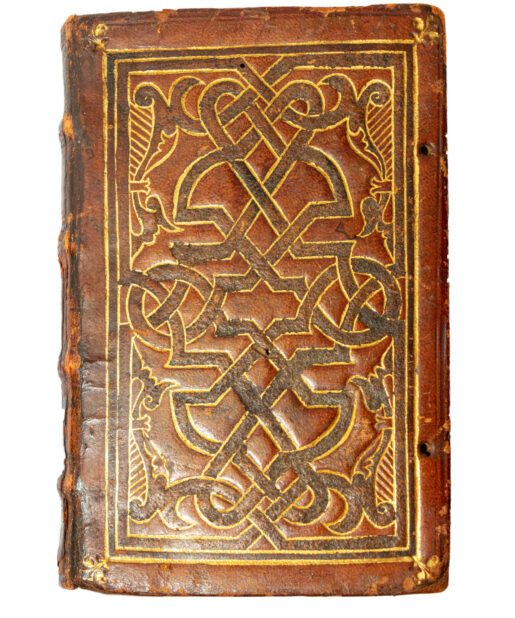
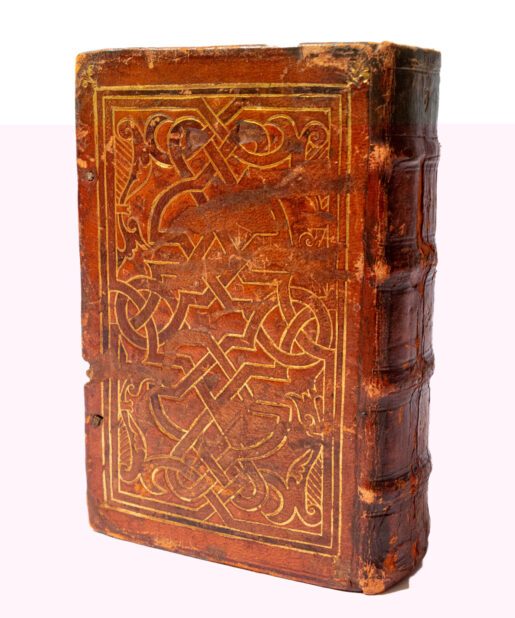


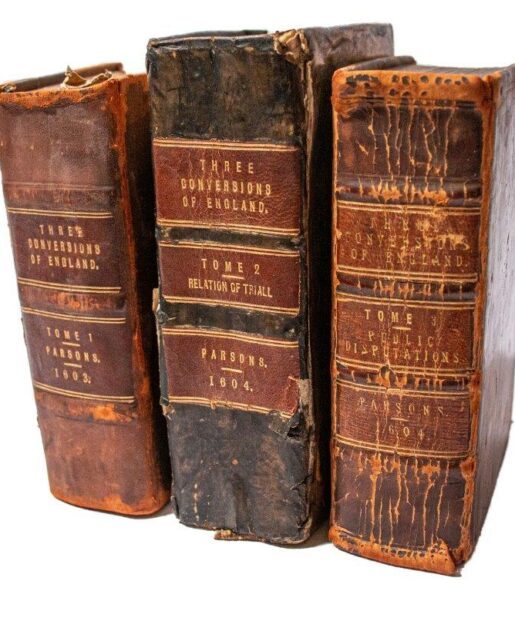
Reviews
There are no reviews yet.